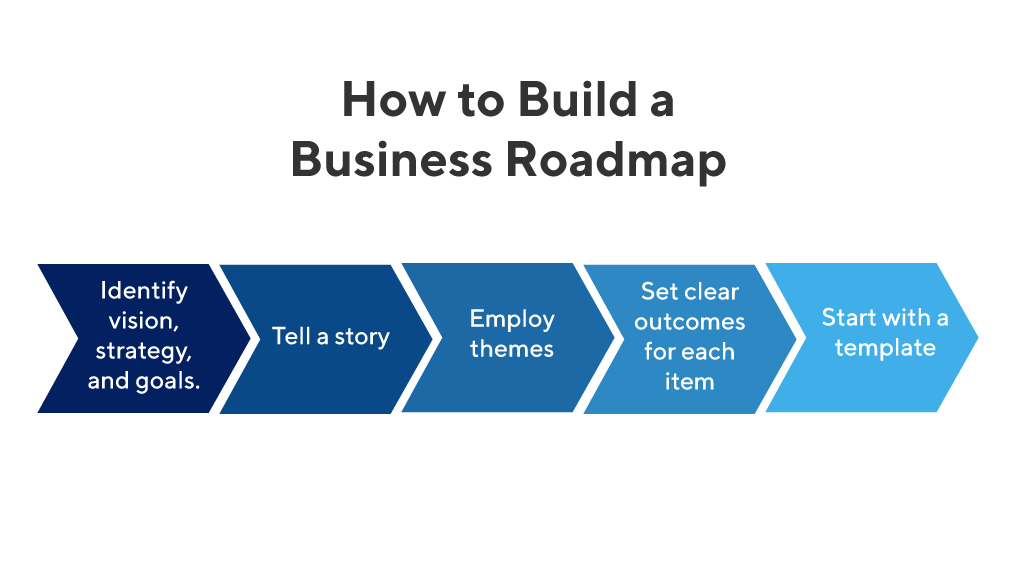A Roadmap for Success in Business and Management
The starting point for all new business enterprises and the basis for sustainable success is the availability of excellent sources of data (Maylor and Blackmon 13). This access, on the other hand, is contingent on familiarity with research methods and techniques. Indeed, in order for the process of identifying market gaps to fill and diagnosing organizational inadequacies to remain efficient, the management practitioner must systematically apply research techniques. Consequently, the roadmap for success in business and management begins with structured research that then unearths actionable insights.
Setting the Stage
Business and management research is a crucial and often the first step in solving organizational problems. By definition, research is the systematic process used when seeking information to solve a problem. More specifically, business and management research is defined as “undertaking systematic research to find things out about business and management” (Saunders, Lewis and Thornhill 46). Unlike other forms of research in a variety of other fields, business and management research is intended to yield information immediately consumable by executives and business employees. This unique focus reflects the organizational rigors of businesses where organizational performance and turnover are the ultimate objectives.
In addition, the uniqueness of these definable objectives is the main reason why said research is the key to a successful roadmap. A distinction, however, must be made between this process, on one hand, and journalism and consulting. Where journalism reports information without adding new knowledge, research is prescriptive and generates theories applicable to future scenarios. Consulting, on the other hand, is often a commercial endeavor where knowledge is disseminated as an in-house deliverable (Maylor and Blackmon 52).
Figure 1 – A graphical summary of the objectives of business and management research
Typically, a research brief seeks to answer the six crucial questions of why, what, where, who, how, and when. These questions help establish the benefits of and assumptions made prior to the research, clear themes and issues of interest, and ultimately, the stakeholders that will consume the information and how best they can commercialize insights. By beginning with the end in mind, it is possible to deliver actionable insights. In turn, these insights are valuable in diagnosing organizational problems.
From Principles to Success
The techniques of research in business contexts are varied. Broadly, these techniques are organized into quantitative and qualitative designs. Often, these two techniques are used in business contexts in a design referred to as case studies or multi-method design. This approach is multi-faceted due to the integration of varied methods (Fastoso and Whitelock 442). Ultimately, the purpose of any research undertaking is to generate answers, interpretative findings, and a set of actionable recommendations. This objective, while dependent on how the research was designed and conducted, is especially important for businesses since their performances are evaluated based on turnover. Consequently, a premium is placed on new knowledge and processes generated from a reliable and quantifiable process.
Once new insights and observations are generated, the onus for execution rests on the organizational hierarchy. However, a good business research process must contain an itemized list of recommendations. These recommendations, in turn, must reflect the abilities and resources available to the organization. This way, recommendations do not become unattainable due to unsustainable ambition (Maylor and Blackmon 12; Ferro, Loukis, Charalabidis and Osella 342).
This assessment is part of the approaches to closing a loop: a business problem or gap is identified, then research is designed and conducted, and finally, resultant insights are used to solve the initial problems. Good data or insights enable organizations to solve problems or plan new ventures. Hence, the process underlying how organizations secure this information and how this information is exploited represents the true roadmap for business and managerial success.







